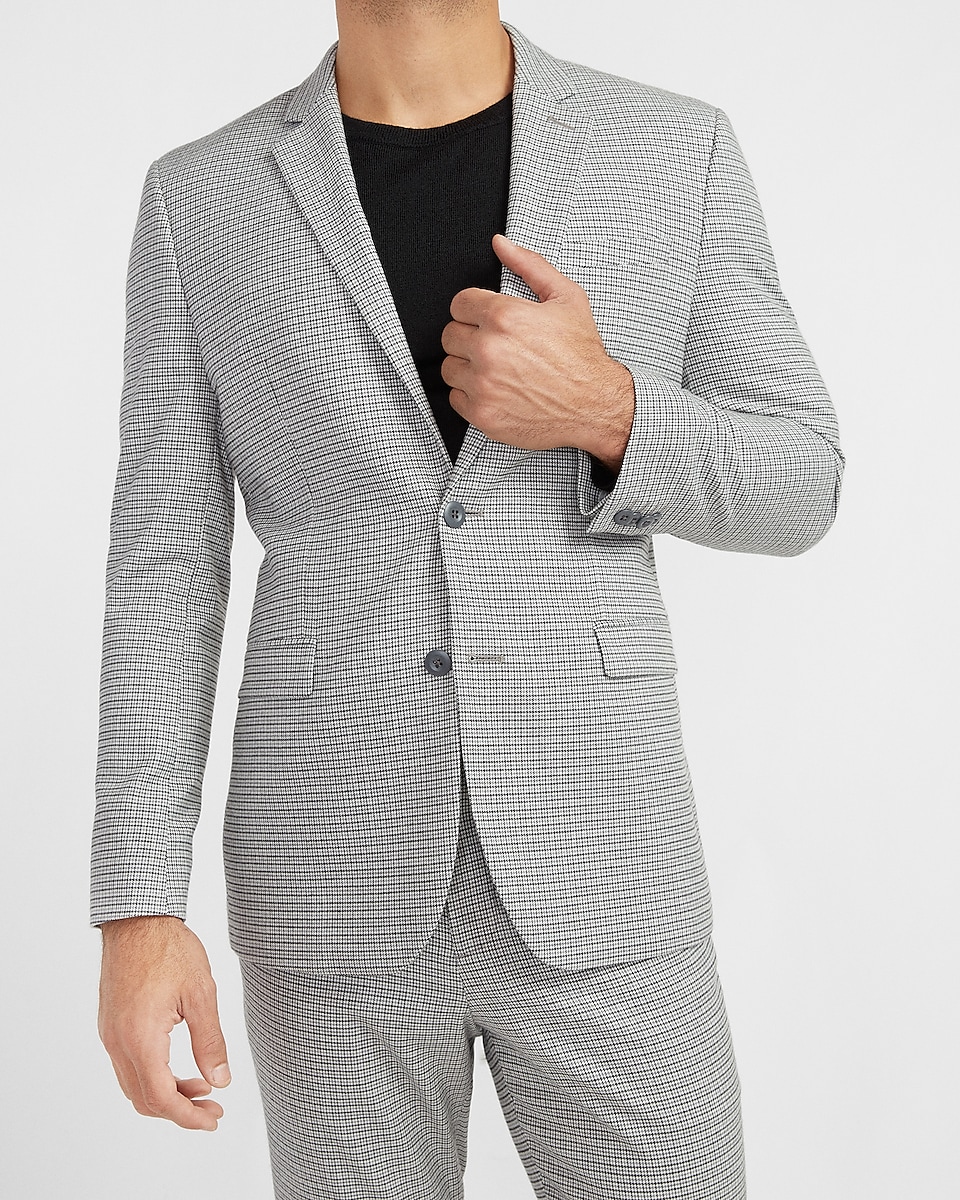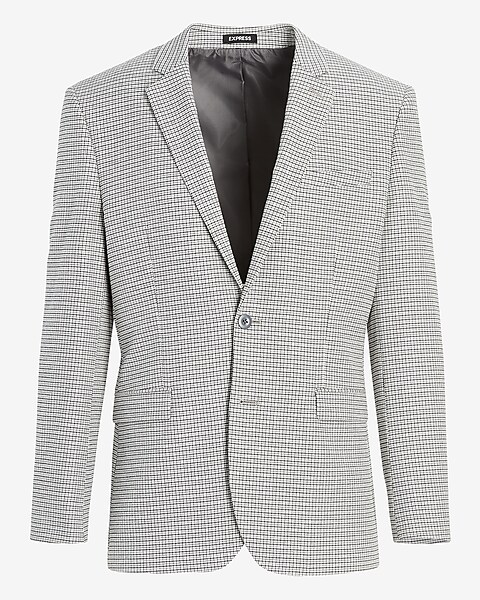Not Just A Pretty Face w/ a HOT bod
How to Find Your "Ideal" Trainer
Spend much time in the fitness industry and you'll see plenty that's good—and bad, including everything from the fad equipment claiming to help you drop weight and “tone those flabby muscles,” to the diet of the month that contradicts last month’s fad diet. To navigate this world, you may seek out a trainer—only to find that he's pushing those same fads. In a world so full of false promises and confusing misinformation, I want to discuss what I think are some important (and often overlooked) virtues of a good trainer.
It didn't just make him seem nice—it made what he said make sense. This was also someone who understood his clients, in part because he has been where they are. In short: you are looking for someone who loves what he does, and who also empathizes with you and your situation. To find that trainer, you may need to be empathetic as well. Never judge the book by its cover. Had you done that with this man, you would have missed out on enrichment.
Spend much time in the fitness industry and you'll see plenty that's good—and bad, including everything from the fad equipment claiming to help you drop weight and “tone those flabby muscles,” to the diet of the month that contradicts last month’s fad diet. To navigate this world, you may seek out a trainer—only to find that he's pushing those same fads. In a world so full of false promises and confusing misinformation, I want to discuss what I think are some important (and often overlooked) virtues of a good trainer.
Look Beyond Looks
To find a great—not just good, but great—trainer, you may need to look beyond the obvious. I’ve seen many a good-looking trainer on the floor of the gym working with clients. It would make sense that trainers would practice what they preach, and look like they put in at least a few days a week at the gym they work in, right? In most instances I would agree, but that’s not always the case. Although it is unusual, I have known trainers that didn’t look anything like what we would expect. I know one trainer who looks more like a client in need of dire help than the professional he is. Yet he ended up being so good at what he did that he easily became the favorite trainer at his location and eventually went on to become a leader in the region.
What set him apart, besides his obvious ability to overcome stereotypes, was his genuine caring for his career and his clients, each and every one. I once had the opportunity to take a session from him on the benefits of stretching, and I could immediately sense an empathy about him.
It didn't just make him seem nice—it made what he said make sense. This was also someone who understood his clients, in part because he has been where they are. In short: you are looking for someone who loves what he does, and who also empathizes with you and your situation. To find that trainer, you may need to be empathetic as well. Never judge the book by its cover. Had you done that with this man, you would have missed out on enrichment.
A good trainer is trying to figure out not just how to achieve what you want, but also what you need—he is looking out for your best interest. Clients often have unclear goals—precisely because they are not fitness professionals. I have often heard clients express their goal as getting “toned”. But when it comes down to specifics, “toned” can actually be many different things. It is your trainer's job to figure out what it means for you.
This focus on you is the key to a good trainer. Trainers can easily fall into the trap of treating every client the same. Just because clients use the same general language to describe their goals, or have similar training issues that they are working on, doesn't mean that those clients need the same program. It’s easy for lazy or inexperienced trainers to train every client the same way; one can even get a degree of good results from it.
The problem comes when the client settles into the routine. Getting healthier literally means that the client is adapting to the routine and is on the road to losing fitness. The human body is an adaptive machine; the minute you adapt to the current routine you begin to lose progress and, in essence, your fitness. That’s what a plateau is, an adaption to a routine. A good trainer knows enough about the client, and not just from what that client may or may not say, to keep develop a plan for making progress. And that plan should be particular to each individual.
Find a Trainer, Not an Instructor
A trainer is a specialist, which means that a trainer is not a group exercise instructor. That’s not to say that a trainer can’t and shouldn’t teach group classes. There are many excellent one-on-one trainers that also teach great group classes (I myself teach group classes every day). But a group class is a cookie-cutter way of training. An instructor can only teach to the group and not the individual. And since the classes are general, participants are responsible for keeping a sense of their own boundaries and knowing for themselves whether what the class is doing is okay for them as well.
Unfortunately, many trainers teach individuals as though they were in a class. Such a trainer may have a good overall philosophy, and great exercises. But if he isn't tailoring the workouts for each client, he's making you, the client, be responsible for monitoring your limits. Instead, a trainer's inside knowledge of his individual clients should include injuries and propensity for injury. Nothing impedes progress like an injury can. A good trainer knows the physical limitations and potential for injuries that each client has. He can adapt the routine accordingly to keep each client going despite potential set-backs, something only a specialist can do. But he has to take care to do it.
Beware the Bottom Line
In the rush to improve their bottom line, many gyms and even individuals have focused on the seller and not the trainer. This is the smooth talker who makes a great first impression, but who has little to no ability to work with the variety of people needing personal attention for their fitness and health. Many people end up coming out of something that should have been a positive and life-changing experience with intensely negative feelings. Unfortunately, this impacts the industry as a whole, and not just that trainer. Increasingly, ours is a global community, which means that thoughts and ideas traverse the boundaries of oceans and countries. A negative opinion by just one individual, especially when based in real experience, can have a big impact on how people perceive our industry.
The message here is that it’s not just up to the trainers to change how they do business, but the responsibility is also on the client. Don’t just sign up with whoever makes the hard sell or offers the best deal; in many cases you get what you pay for. Get a feel for the person you might choose as your specialist.
- How much experience does this individual have and in what categories?
- Does this person have cert's to back up his words? Even so, understand a cert doesn’t always mean the trainer is qualified.
Assess Honestly
To sort out if your trainer is a match for you, take some time to think through the following five questions:
- What is the trainer’s experience? Specifically what is his experience with my needs and wants, and with helping people reach my particular goals?
- Does my trainer have certifications? If so, what are they in? If not, where does their experience come from?
- Does this trainer ask me questions about myself? Does he asses any injuries? Does he ask about my own experiences? How well does he try to get to know me before we actually begin to train?
- Does my trainer do the same things with me as with others? If so, can he explain why?
- Does my trainer help me get better and feel good? Have I improved not just in my physical appearance, but my mental state as well? For many people, training is an excruciating time that feels closer to suffering than improving your health and wellness. If it wasn’t so tough everyone would be doing it themselves and obesity probably wouldn’t be the epidemic it’s considered to be today. But take any of those individuals that have achieved some measure of success and ask them how they feel about what they’ve done and the person that has helped them get there, and the response is usually the same: joy and a sense of pride in accomplishment. The most important aspect of a good trainer in my opinion, is how they make you feel at the end of the day.
Source:















